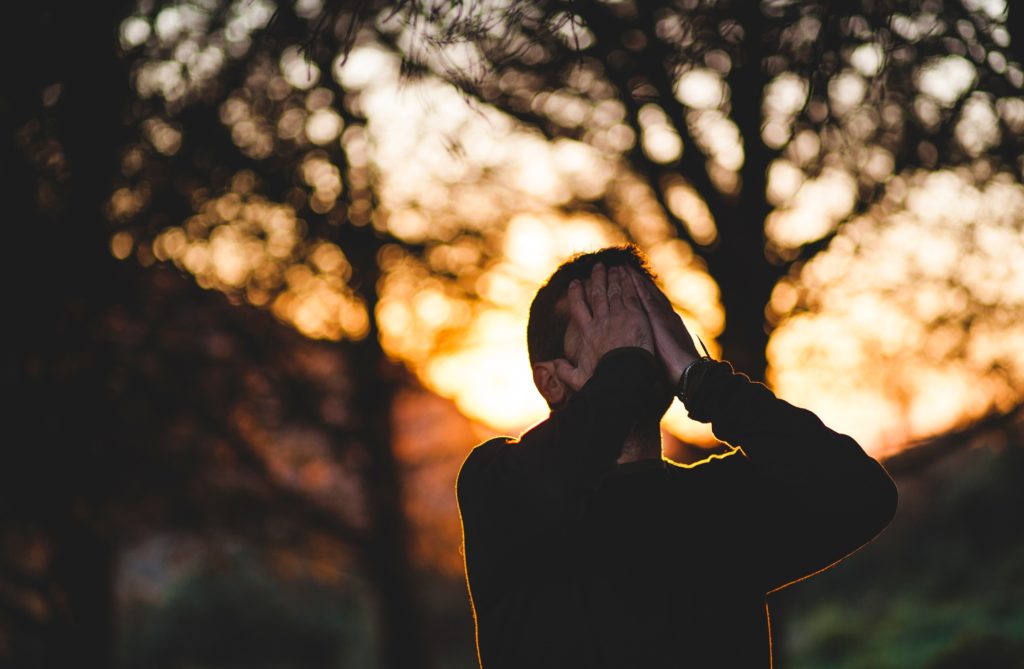Home » Student Portal » Mental Health » Depression/Anxiety
Depression/Anxiety
All of us have times in our lives when we feel low. We can feel like nobody understands us, other people are putting pressure on us, or we may feel that our friends are better or more popular than us.
It is natural to feel bad sometimes but when we feel like this for weeks at a time consistently, it’s possible that we may be experiencing Depression (Aware, 2017).
Depression can affect people at any age; during college students may experience the first signs and symptoms of depression. Many students also feel that the symptoms they are experiencing are part of the stress of college life. Additionally, some students may worry about being judged by others if they seek help (NIMH, 2016).
Statistics relating to Depression
- 1 in 10 people in Ireland are depressed at any one time (ReachOut, 2016)
- 1 in 4 students in Ireland reported experiencing mild to moderate depression or anxiety
- 14% were experiencing severe to very severe depression (Dooley & Fitzgerald, 2012)
Signs & Symptoms of Depression
Depression can affect different people in different ways and can cause a variety of physical, psychological, and social symptoms (HSE, 2016). The symptoms of Depression vary and may include some of the following;
- Continuous low mood or sadness
- Lack of motivation and little to no interest in daily activities
- Feelings of hopelessness and helplessness
- Lack of enjoyment
- Suicidal thoughts or thoughts of harming yourself
- Unhappy
- Feelings of guilt
- Feeling irritable and intolerant of others
- Difficulty making decisions
- Feeling anxious or worried
- Reduced sex drive
- Change in appetite or weight
- Disturbed sleep patterns (for example, problems going to sleep or waking in the early hours of the morning)
- Slowed movement or speech
- Constipation
- Unexplained aches and pains
- Lack of energy
- Lack of interest in sex
- Changes in the menstrual cycle
- Taking part in fewer social activities
- Avoiding contact with friends or family
- Reduced hobbies and interests or difficulties in home and family life
- Not doing well at college or work (HSE, 2016)
Causes of Depression
Depression can result from;
Stressful life events – such as bereavement or relationship breakdown can cause you to have a higher risk of becoming depressed, especially if you try to tackle these issues alone and isolate yourself from family and friends.
Illness– if you have been recently diagnosed with a chronic illness this can cause symptoms of depression. Head injuries can trigger mood swings and cause emotional problems. Even minor head injuries can cause a range of symptoms such as fatigue and reduced sex drive, which can lead to depression.
Your Personality traits – having low self-esteem or being overly self-critical can contribute to the way you perceive yourself and can increase your likelihood of developing depression.
Social Isolation – becoming cut off from family and friends can increase your risk of depression.
Alcohol and Drugs – Substance misuse including the use of cannabis and marijuana can contribute to depression. Using alcohol to cope and drinking excessive amounts of alcohol can result in an increased risk of depression (HSE, 2016).

How can I find out more about Depression?
The first step is to talk with a Mental Health care provider or doctor. They can perform an assessment to help determine if you have depression or if you have another health or mental health issue. Some medical conditions or medications can produce symptoms similar to depression. A doctor or mental health care provider will ask you about:
- Your symptoms
- Your history of depression
- Your family’s history of depression
- Your medical history
- Alcohol or drug use
- Any thoughts of death or suicide
How can I help myself?
How can I help a friend?
If you have depression, you may feel exhausted, helpless, and hopeless. But it is important to realize that these feelings are part of the illness. Treatment can help you feel better. To help yourself feel better: see a professional as soon as possible.
Research shows that getting treatment sooner can relieve symptoms quicker, and reduce the length of time treatment is needed.
- Break up large tasks into small ones, and do what you can as you can.
- Try not to do too many things at once.
- Spend time with other people and talk to a friend or relative about how you are feeling.
- Do not make important decisions until you feel better.
- Discuss decisions with others whom you trust and who know you well
If you think a friend may be experiencing depression, you can help them be diagnosed and treated. You may need to help your friend find a doctor, counsellor, or attend the Student Health Services on the college campus.
You can also:
- Offer support, understanding, patience and encouragement.
- Talk to your friend and listen carefully.
- Never ignore comments about suicide, and report them to your friend’s counsellor or doctor.
- Invite your friend out for walks, outings, and other activities.
- If they refuse keep trying, but don’t push.
Email: IT Sligo Student Counselling Service: studentcounsellor@nullitsligo.ie
Phone: 071 930 5463
Turn2meis an online counselling service free of charge at turn2me.org/onlinecounselling/details.
The Samaritansat: samaritans.ie, Free phone: 116 123 or Text: 087 260 9090.
Aware at: aware.ie or Tel: 1800 80 48 48.
Grow (Mental Health support and Recovery) at: grow.ie or Tel: 1890 474 474.
Irish Advocacy Networkat: irishadvocacynetwork.com or Tel: 01 872 8684
Crisis Text Support Line, for free 24/7 support in a crisis Text ITSLIGO to 50808
In the case of an Emergency:
Phone or visit your doctor.
Go to the Emergency Department of the nearest hospital.
Call 999.
